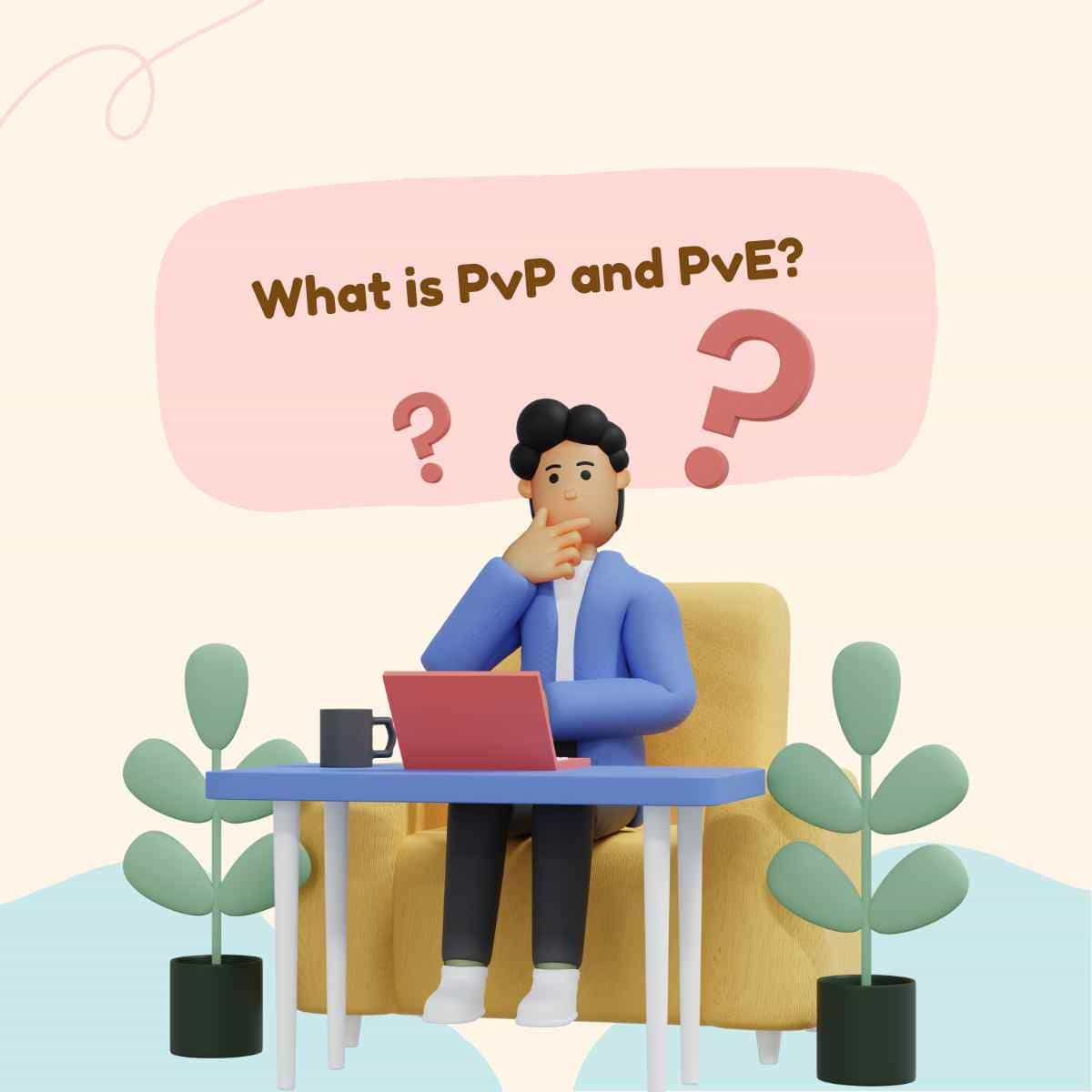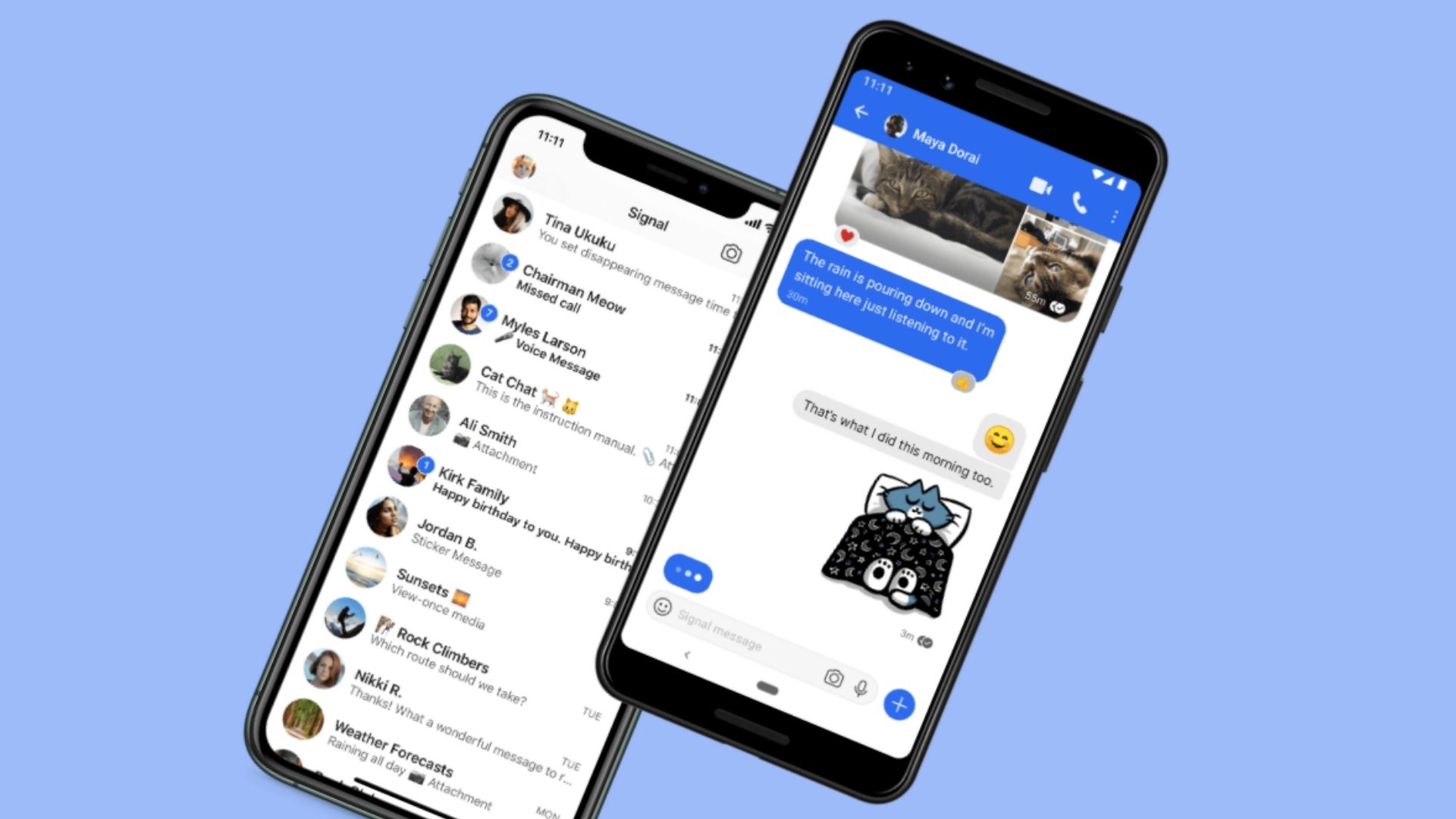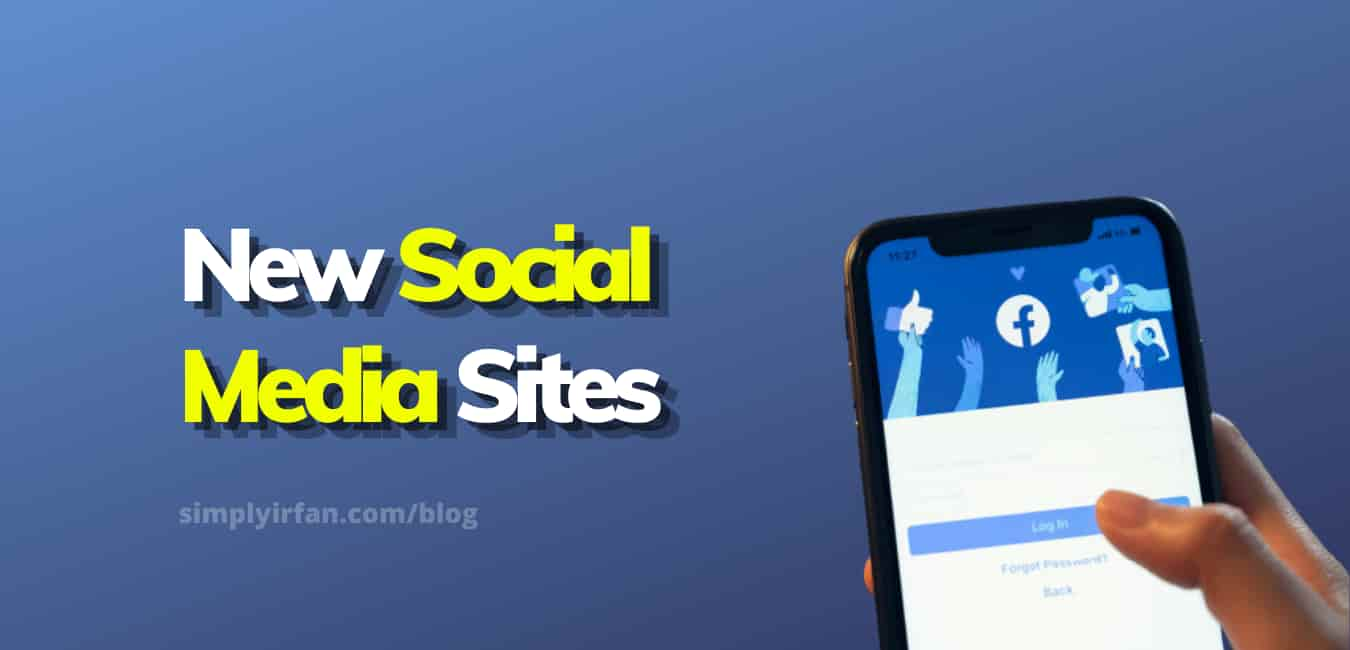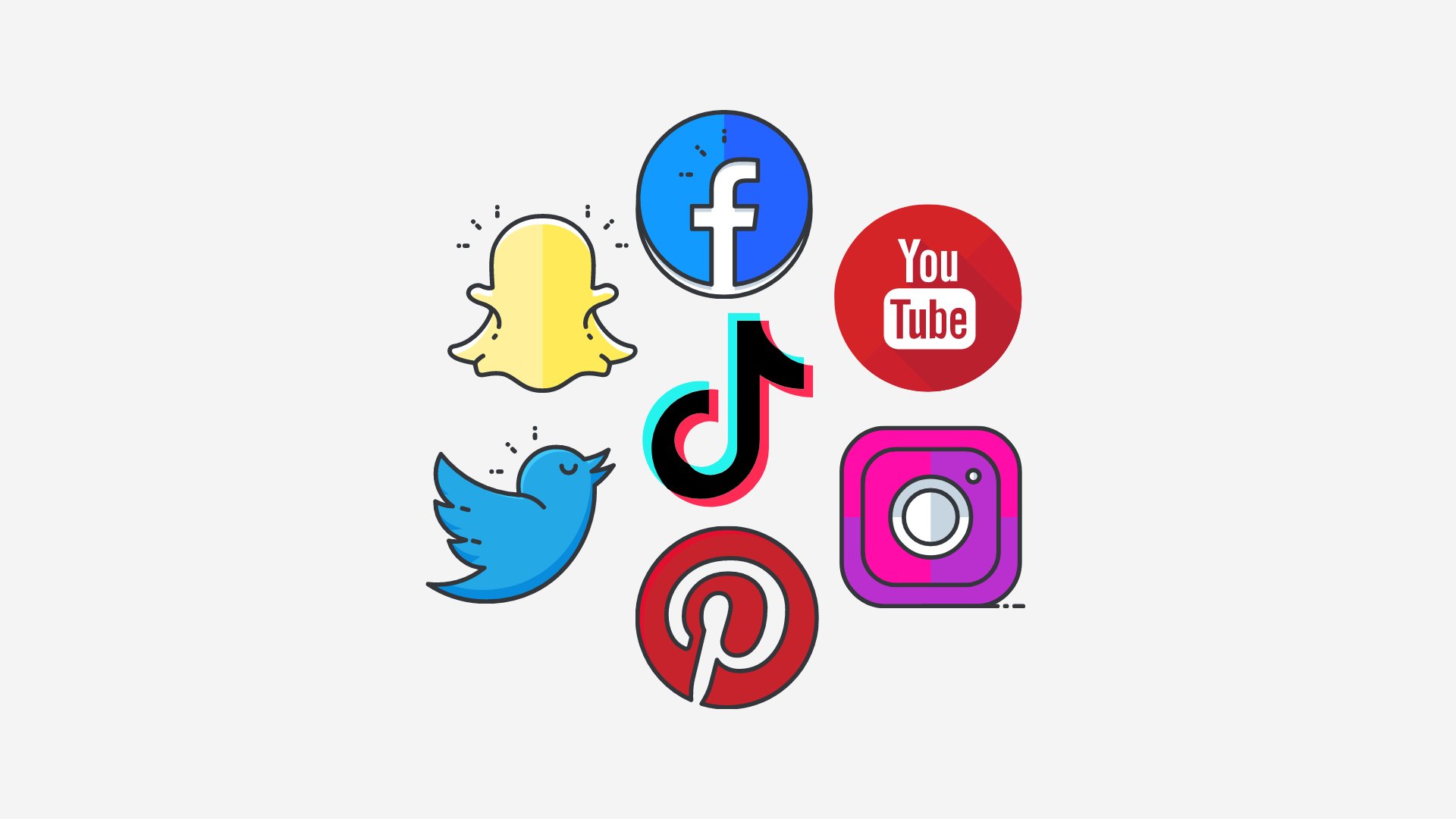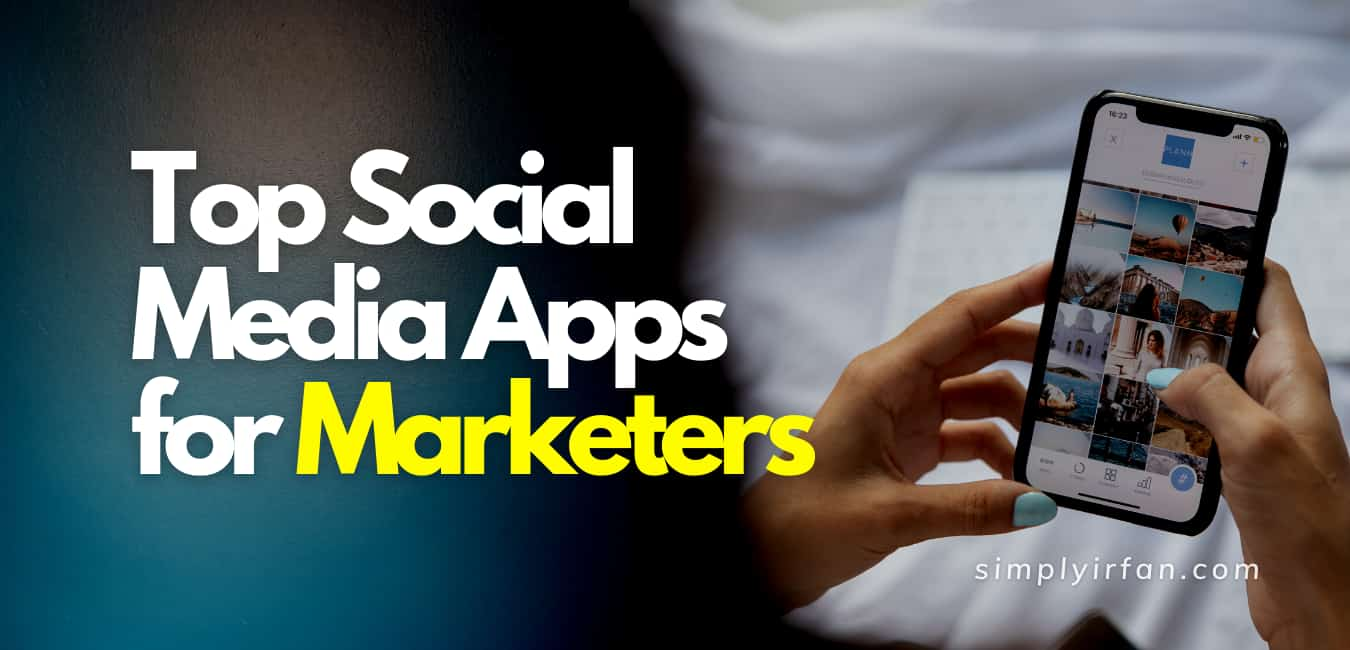If you run a business today, whether it is a small local shop or a global brand, there is one thing you cannot afford to ignore. Social media.
You might think, “I already have a website, do I really need social media too?”
The short answer is yes. Social media is no longer just a place for sharing vacation photos or funny videos. It has become a powerful business tool that shapes how people discover, research, and connect with brands.
Let’s have a real conversation about why social media matters for business in 2025, how it can grow your brand, and what you can do to use it effectively.
The Reality of Social Media in 2025
Social media is everywhere. People check it while waiting in line, during lunch breaks, and even before getting out of bed. It is not just for entertainment anymore. It is where consumers look for product recommendations, read reviews, watch tutorials, and interact with brands.
Platforms like Instagram, Facebook, LinkedIn, TikTok, X (formerly Twitter), and YouTube are now part of the everyday decision-making process.
If your business is not on social media, you are invisible to a huge audience that could be your customers.
Benefits of Social Media for Business
Here are the biggest reasons social media is important for businesses of all sizes and industries.
1. Increased Brand Awareness
One of the most obvious benefits of social media is exposure. Creating content and posting regularly puts your brand in front of people who might never have heard of you otherwise.
You can reach thousands or even millions of potential customers without spending huge amounts of money.
2. Building Trust and Credibility
People are more likely to buy from brands they feel they know and trust. Social media allows you to show the human side of your business. You can share behind-the-scenes moments, introduce your team, and respond to questions directly.
This kind of interaction makes your brand relatable and trustworthy.
3. Direct Communication With Customers
Social media breaks down barriers between you and your customers. Instead of waiting for someone to send an email or call your office, they can simply comment on a post or send a direct message.
This instant connection improves customer service and builds loyalty.
4. Cost-Effective Marketing
Compared to traditional advertising, social media is incredibly cost-effective. You can run highly targeted ad campaigns for a fraction of the cost of TV or print advertising, and you can measure results in real-time.
Even organic (unpaid) social media marketing can deliver big results if you create valuable and engaging content.
5. Understanding Your Audience Better
Most social platforms have built-in analytics tools that show you exactly who is interacting with your content. You can learn about your audience’s demographics, interests, and behaviors.
This data is gold. It helps you create more targeted campaigns and better products or services.
6. Driving Traffic to Your Website
Every post you share is an opportunity to send people to your website. Whether it is a blog post, a product page, or a signup form, social media can drive a steady stream of traffic to your site.
This traffic is often highly engaged because people are clicking through after seeing something that caught their attention.
7. Staying Competitive
If your competitors are using social media and you are not, you are giving them an advantage. Customers expect to find you online. If they cannot, they may go to a competitor who is active on social media.
8. Boosting Sales and Conversions
Social media is a direct sales channel. Many platforms now allow you to sell products directly through posts, stories, and live streams. Even if your main goal is brand awareness, social media often leads to more sales over time.
9. Showcasing Your Expertise
By sharing helpful tips, industry insights, and educational content, you position yourself as an expert in your field. People start seeing your brand as the go-to source for information and solutions.
10. Building a Community
Social media is not just about broadcasting messages. It is about creating a community of people who care about your brand and share your values. This loyal community can become your best marketers through word-of-mouth and user-generated content.
Different Platforms and How They Help Your Business
Each platform has its own strengths. Knowing how to use them can make a big difference.
Best for: Building relationships, local business promotion, targeted advertising
Strengths: Large user base, versatile content formats, strong community features
Best for: Visual storytelling, brand lifestyle content, influencer partnerships
Strengths: High engagement rates, shopping features, strong appeal to younger audiences
Best for: B2B marketing, professional networking, thought leadership
Strengths: Professional audience, great for recruiting and industry authority
TikTok
Best for: Creative short-form video content, trend-based marketing
Strengths: Massive reach potential, strong algorithm for content discovery
YouTube
Best for: Educational content, product demonstrations, long-form storytelling
Strengths: Evergreen content potential, strong searchability, monetization options
Common Questions About Social Media for Business
Is social media marketing necessary for small businesses?
Yes. Even small local businesses benefit from social media because it helps them connect with customers in their area and build relationships.
How often should my business post on social media?
Consistency matters more than posting every day. Aim for at least 3 to 5 quality posts per week.
Which social media platform is best for business?
It depends on your audience and goals. Many businesses use a mix of platforms to reach different types of customers.
Can social media replace a website?
No. Social media should work alongside your website, not replace it. Your website is your main hub, while social media is where you engage and attract people to it.
How quickly will I see results from social media?
Results vary, but most businesses start seeing noticeable engagement within a few months if they post consistently and interact with their audience.
How to Get Started With Social Media for Business
- Define your goals – Do you want more brand awareness, website traffic, or sales?
- Choose the right platforms – Focus on where your audience spends time.
- Create a content plan – Mix educational, entertaining, and promotional posts.
- Engage with your audience – Respond to comments and messages quickly.
- Track your results – Use analytics to see what works and adjust your strategy.
Final Thoughts
Social media in 2025 is not optional for businesses that want to grow. It is where people spend their time, make buying decisions, and form opinions about brands.
By showing up consistently, sharing valuable content, and connecting with your audience, you can turn social media into one of your most powerful business tools.
If you are still on the fence, remember this. Your competitors are already using social media to reach your potential customers. The longer you wait, the more opportunities you miss.
Social Media Strategy Checklist for Businesses in 2025
If you want your social media presence to bring real business results, you need a clear plan. This checklist will keep you on track.
1. Define Your Goals
- Increase brand awareness
- Drive traffic to your website
- Generate leads or sales
- Build customer loyalty
- Position yourself as an expert
2. Choose the Right Platforms
- Focus on 2 or 3 platforms where your target audience is most active
- Research platform demographics before committing
- Avoid spreading yourself too thin across every platform
3. Create a Content Plan
- Mix educational, entertaining, and promotional content
- Use high-quality images and videos
- Schedule posts in advance with a content calendar
4. Post Consistently
- Aim for at least 3–5 posts per week on main platforms
- Post stories or short-form videos for daily engagement
5. Engage With Your Audience
- Reply to comments and direct messages quickly
- Like and share user-generated content
- Join conversations in relevant groups or hashtags
6. Track Performance
- Use platform analytics to measure engagement, reach, and conversions
- Identify top-performing posts and repeat what works
- Adjust your strategy based on results
7. Stay Updated on Trends
- Follow industry news and platform updates
- Experiment with new features like Reels, Shorts, or live streams
- Be ready to adapt to changes in algorithms
FAQ About Social Media for Business
Why is social media important for small businesses in 2025?
Social media helps small businesses reach new customers without large advertising budgets. It allows direct interaction, builds brand trust, and drives local sales by targeting audiences in specific locations.
How can social media increase brand awareness?
By posting regularly and engaging with your audience, you put your brand in front of more people. When users share your content, your reach grows even further, creating organic exposure.
Which social media platform is best for business growth?
It depends on your business type. Instagram is great for visual brands, LinkedIn works well for B2B companies, TikTok is ideal for creative short videos, and Facebook remains strong for community building.
How does social media impact customer trust?
Social media lets customers see the human side of your business. Sharing behind-the-scenes content, responding to comments, and showcasing reviews make your brand more relatable and trustworthy.
Can social media marketing improve website traffic?
Yes. By linking posts, stories, and videos to your website, you can drive a steady stream of targeted visitors who are already interested in your products or services.
Is social media marketing cost-effective?
Absolutely. You can run highly targeted ads for as little as a few dollars a day. Organic marketing is free and can still produce great results if your content is valuable and engaging.
How often should businesses post on social media?
A good starting point is 3 to 5 times per week on your main platforms. Consistency matters more than posting every single day.
Does social media help with customer service?
Yes. Many customers prefer to reach out via social media rather than email or phone. Quick responses improve satisfaction and loyalty.
How can businesses measure social media success?
Track metrics such as engagement rate, reach, click-through rate, and conversions. Most platforms provide free analytics tools to help you measure performance.
Do Read: 50 SEO Quotes To Motivate Your SEO Campaign
I have also created Social Media Campaign Ideas, examples for you.


